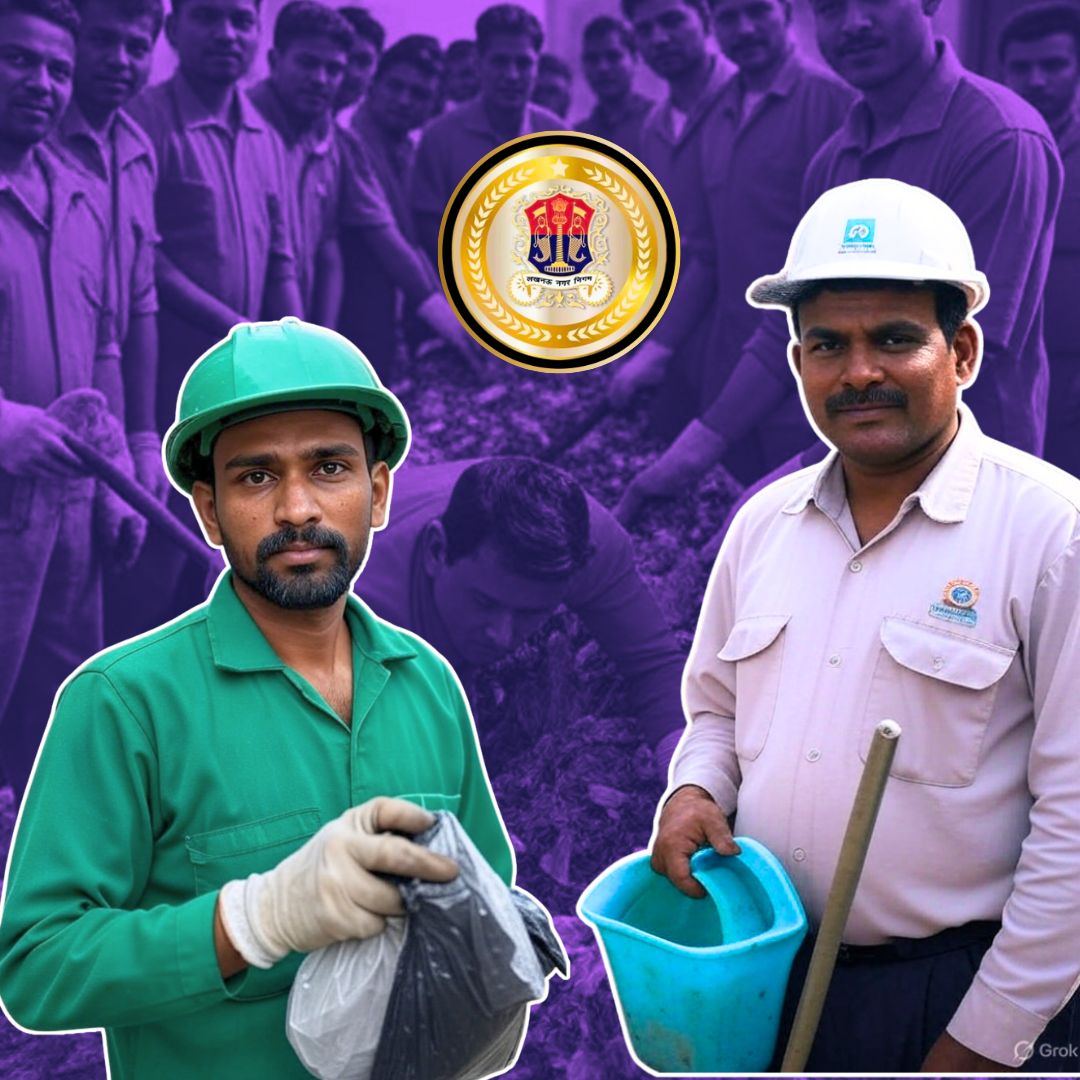The Lucknow Municipal Corporation (LMC) has launched and is actively expanding a cutting-edge construction and demolition (C&D) waste processing plant located at Harikansh Garhi in Mohanlalganj. Initially inaugurated in mid-2025 with a capacity to process 300 tonnes of construction debris daily, the facility utilizes advanced Wet Processing Technology to convert waste material into eco-friendly products such as bricks, tiles, paver blocks, and flowerpots.
Officials including Municipal Commissioner Inderjit Singh and Additional Commissioner Arvind Kumar Rao emphasise that the plant not only tackles the city’s growing construction waste but also supports sustainable urban development by providing high-quality recycled materials at competitive rates. Complementing this initiative, the LMC has implemented zone-based waste collection centres and a 24×7 helpline to streamline waste management. Looking ahead, the corporation plans to scale up the facility’s capacity to approximately 500 tonnes per day to address surges in construction activities and rising demand for recycled products.
Sustainable Waste Management in Action
Conceived under a public-private partnership (PPP) with a total investment of Rs 12 crore, the processing facility is equipped with modern machinery such as jaw crushers, magnetic separators, and Hydro Cyclone Washers, all designed to maximise recycling while minimising environmental harm. Using Wet Processing Technology, the plant significantly reduces dust pollution, a persistent problem in urban construction zones, by controlling particulate matter output and conserving water through systems like Aqua Cycle Thickeners and Filter Presses.
The processed materials are transformed into sustainable construction products that meet Indian standards and are deployed in civic projects such as road reinforcement and public space beautification. These eco-friendly building materials are also made available for purchase by government departments, private developers, and citizens interested in sustainable construction alternatives. Mayor Sushma Kharakwal highlighted this as a vital step towards promoting a cleaner and greener Lucknow, reflecting the city’s commitment to sustainable infrastructure development and compliance with India’s 2016 Construction & Demolition Waste Management Rules, which mandate the utilisation of recycled materials in government projects.
Background and Context
Lucknow generates an estimated 250 to 300 tonnes of C&D waste daily, predominantly from new construction, renovation, and demolition activities. However, only about 100 to 150 tonnes get collected and recycled regularly, leaving a significant volume unprocessed.
This discrepancy often leads to illegal dumping, contributing to dust pollution, blocked drains, and environmental degradation, especially in the city’s outskirts. The newly launched plant aims to meet the growing demand for sustainable waste solutions over the next 15 years. Recognising challenges related to waste collection and citizen awareness, the LMC has initiated educational campaigns targeting builders, contractors, and residents to promote proper disposal practices.
Additionally, stricter enforcement of bye-laws against illegal dumping is forthcoming. Environmental experts have praised the plant’s technological approach but underscore the need for expanding collection networks and enhancing operational efficiency to holistically combat the impacts of construction waste on urban air quality and public health.
The Logical Indian’s Perspective
The Lucknow Municipal Corporation’s initiative represents a forward-thinking fusion of innovation, environmental stewardship, and social responsibility. By transforming hazardous construction debris into valuable, eco-friendly products, this facility demonstrates empathy not only towards the natural environment but also the wellbeing of communities impacted by pollution and inefficient waste disposal.
It stands as a pragmatic model of how urban centres can harmonise rapid development with sustainability goals through technology and partnership. This initiative also highlights the importance of civic engagement and government accountability in fostering cleaner, healthier cities. While challenges remain, such as scaling collection infrastructure and enforcing compliance, Lucknow’s example offers a beacon of hope and inspiration for other cities grappling with similar waste management issues.












